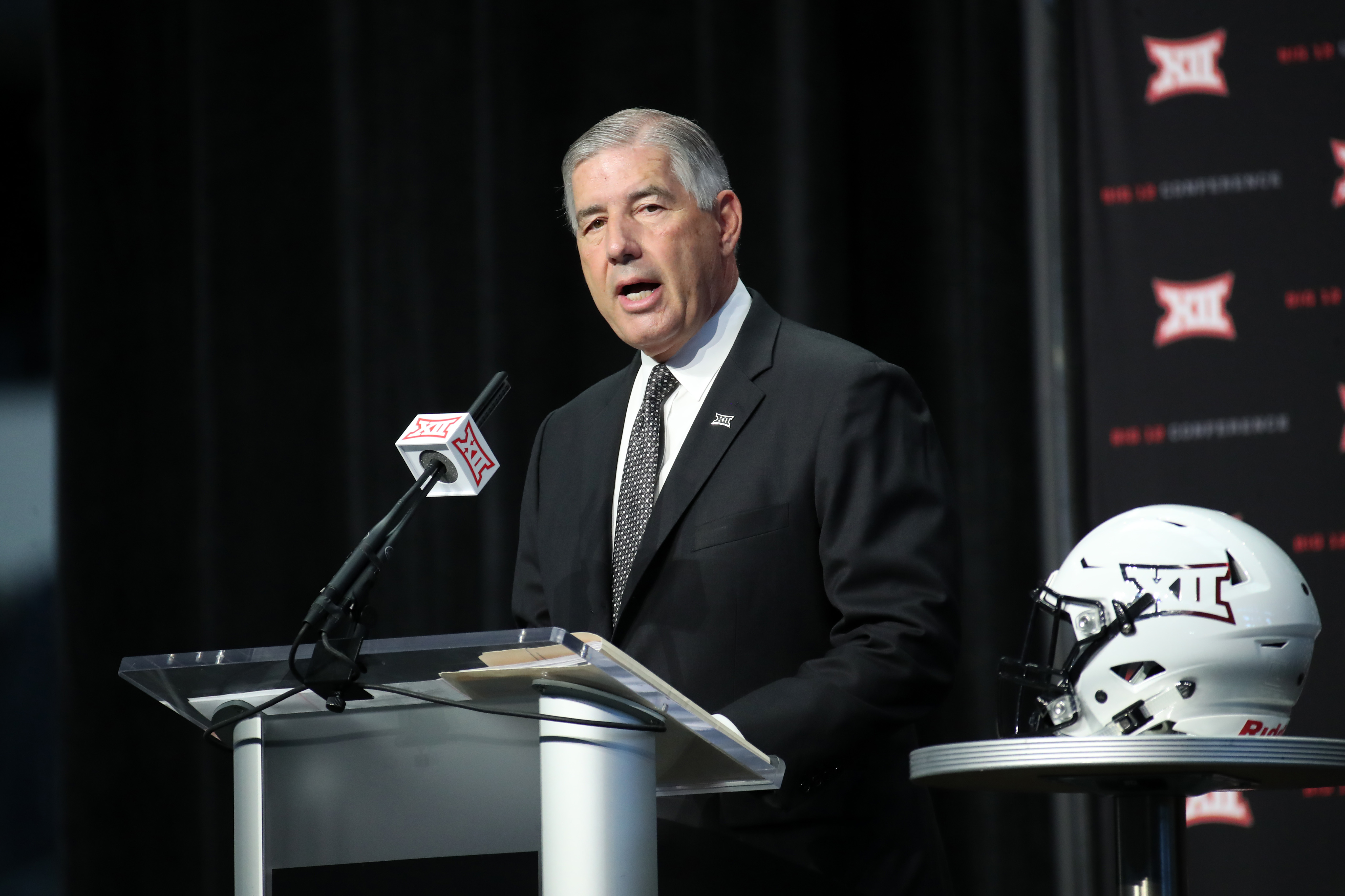MORGANTOWN, W. Va. — Chances are, you’ve never heard of Gavin Newsom, which is OK.
The California governor is not yet a household name in our sports world, but that could change very soon.
Sitting on his desk as we speak is California Senate bill 206, otherwise known as the Fair Pay for Play Act, which was passed unanimously through the state legislature.
Newsom is the man who can either veto or sign the bill into law.
The bill would allow college athletes to profit from their name, image and likeness, beginning Jan. 1, 2023. It would also allow them to sign with an agent while still in college.
By making it a law, Newsom has the opportunity to positively benefit the young men and women who attend his state’s colleges and universities.
The blowback, of course, is he could stand at the foundation of crumbling the NCAA as an organization.
The NCAA has already written Newsom and asked him to veto the bill, saying it would create an unfair playing field and unfair recruiting advantages for California schools against the rest of the country.
This would be true, assuming there already isn’t one.
Visit the University of Miami (Fla.) campus and then take a trip to Oxford, Ohio and visit Miami University and tell me there isn’t a recruiting advantage of one over the other.
Compare the salary of Clemson football coach Dabo Swinney ($9.2 million a year) and North Texas’ Seth Littrell ($1.35 million) and tell me there is a level playing field.
Compare what West Virginia made ($38.8 million) from its portion of the Big 12’s television rights and what Marshall made ($400,000) from Conference USA and tell me there isn’t a built-in advantage.
Sixty years ago, the NCAA’s amateur model was wildly viewed as spot on, because college athletics weren’t viewed as a bunch of guys in bad suits printing their own money.
And this is yet again just another example of how outdated — and quite frankly, just plain silly — the NCAA’s desperate grasp to hold on to its amateur model actually is.
By the textbook definition, yes, WVU forward Derek Culver is an amateur, because he isn’t being paid a salary to play basketball for the Mountaineers. But, from the moment he began ripping off double-doubles last season, we no longer viewed him as an amateur.
Maybe as someone who isn’t quite ready for a professional career, but that’s not exactly the same thing as being an amateur.
If a Morgantown car dealership wanted to hire Culver for some commercials, the sophomore has certainly earned that right. He shouldn’t be penalized by the NCAA for simply capitalizing off of his own name.
At it’s core, this is what the California bill is about and don’t believe for a second that the NCAA is worried about recruiting advantages.
This is about the amateur model. Sixty years ago, the NCAA’s amateur model was wildly viewed as spot on, because college athletics weren’t viewed as a bunch of guys in bad suits printing their own money.
That just isn’t the case in 2019.
Texas reportedly makes $15 million a year off of its own Longhorn Network.
Schools in the SEC were paid $43.7 million each from its own TV rights in 2018.
All of it made off the backs of college athletes who receive a zero percent cut of those profits all because of the outdated amateur model.
Bill 206 is meant as, “a loud and clear message to the NCAA,” Calif. Assemblyman Kevin Kiley told the Associated Press.
That message: The greed of major college athletics will no longer be ignored.
What truly needs to be governed by the NCAA is impermissible benefits and back off the idea of its amateur model.
If that Morgantown car dealership wants to use Culver for some commercials, fine. If it pays Culver $100 for every rebound he grabs next season, that’s obviously out of bounds.
That’s not exactly a fine line, either.
And so the eyes of the sports world are squarely fixated on Gov. Newsom and the decision that awaits him.
Either way, his choice will make headlines.
For the sake of finally getting the NCAA to wake up and realize it is 2019, here’s hoping bill 206 becomes a law.
TWEET @bigjax3211




